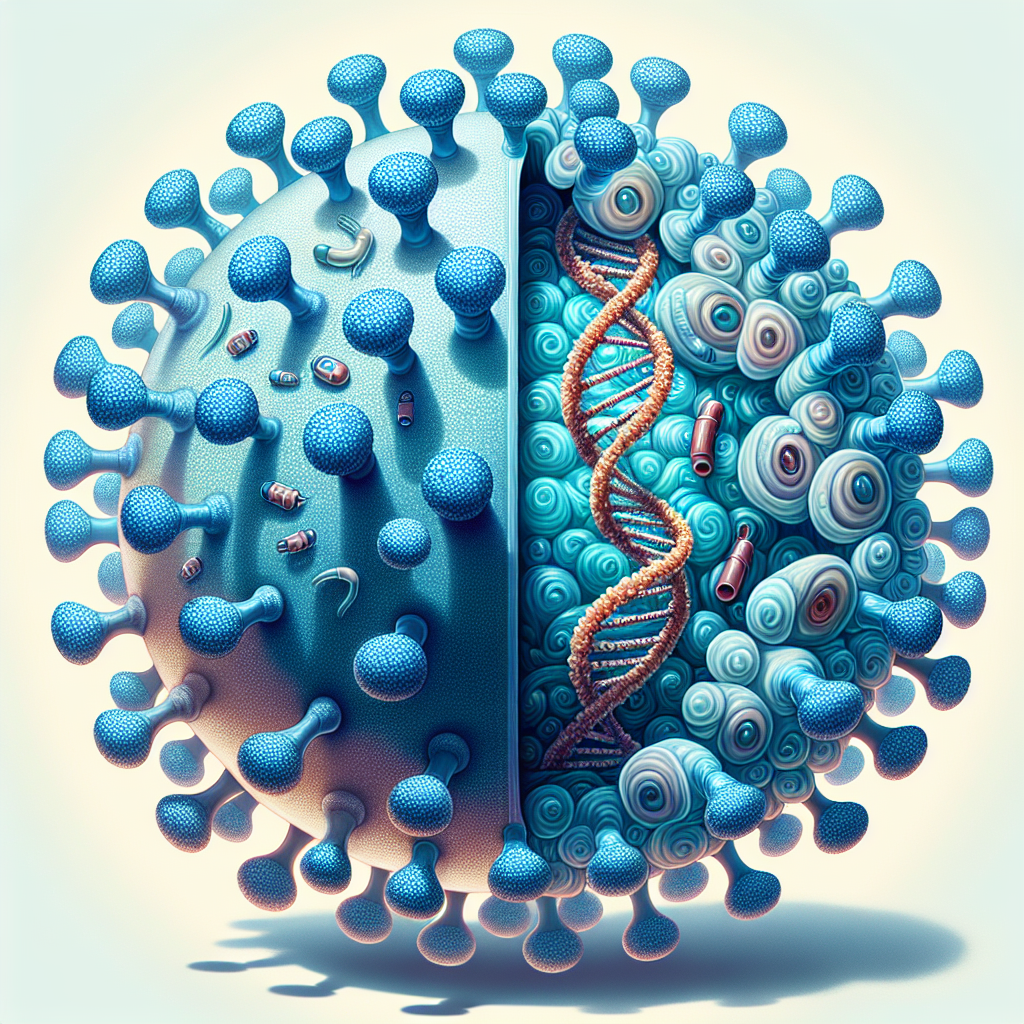Bolstering India's Defense against Nipah: Indigenous Monoclonal Antibodies Initiative
The ICMR seeks collaboration with Indian companies to develop indigenous monoclonal antibodies against the deadly Nipah Virus, crucial for timely access during outbreaks. Monoclonal antibodies are promising as they mimic immune system defenses, offering hope in the absence of a licensed vaccine or antiviral, and enhancing India's outbreak preparedness.

- Country:
- India
The Indian Council of Medical Research (ICMR) is reaching out to domestic industry partners for collaboration in the development and manufacture of monoclonal antibodies, aimed at combating the deadly Nipah Virus. The initiative follows successful animal trials, underscoring the need for timely availability during outbreaks.
Monoclonal antibodies, which are laboratory-engineered proteins mimicking the human immune system's defenses, have emerged as a critical biomedical countermeasure against the virus. The Nipah virus, identified as a significant zoonotic threat with a high fatality rate, has repeatedly affected India since 2001, accentuating the urgency of the project.
The ICMR's initiative includes advancing research and development activities, while industry partners will aid in production and stockpiling. The effort aims to fortify national preparedness against viral threats by ensuring quick deployment of treatments during outbreaks. This initiative also involves strengthening surveillance and infection control measures to mitigate future outbreaks effectively.





